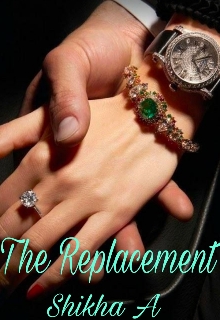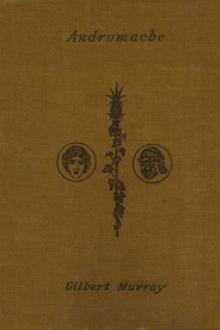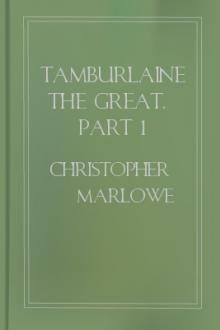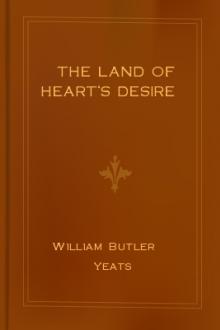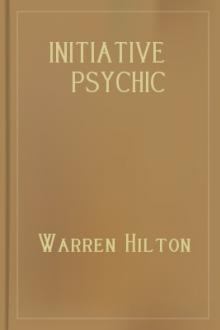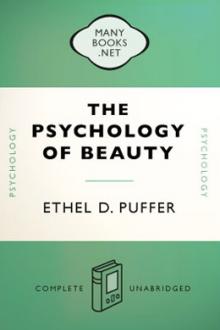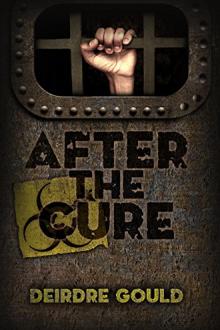Bookssland.com - Free eBook library online

ast in the carp-pond at the end of the King's Walk. With the enthusiastic egotism of the true artist, he went over his most celebrated performances, and smiled bitterly to himself as he recalled to mind his last appearance as "Red Reuben, or the Strangled Babe," his début as "Guant Gibeon, the Blood-sucker of Bexley Moor," and the furore he had excited one lovely June evening by merely playing ninepins with his own bones upon the lawn-tennis ground. And after all this some
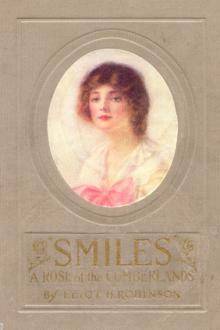
nfining clothing and bending naturally, was slender and lithesome, but full of curves which told that the bud of childhood was just beginning to open into the blossom of early maturity--about fifteen or sixteen years old, Donald guessed her to be.At her feet lay an overturned kettle the contents from which, a simple stew, was sending up a cloud of steam from the rough floor, and explained the reason for the misty eyes and tenderly nursed ankle. The whole picture was graven on his mind in a
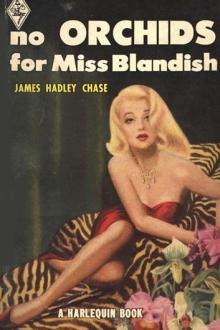
e laid the gun on the seat beside him."She got the diamonds?" Riley asked. "Yeah." Riley was taller and thinner than Bailey. He was five or six years younger. But for the cast in his right eye, he wouldn't have been bad looking, but the cast gave him a shifty, sly look. Old Sam drove fast for half a mile, then coming to the farm, he slowed down, ran the car onto the grass and pulled up. Riley said, "Get out and watch for her." Bailey took his gun, tossed his
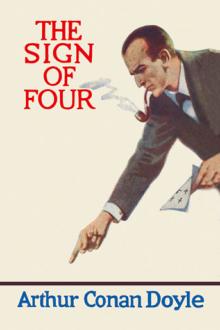
What could be more hopelessly prosaic and material? What is the use of having powers, doctor, when one has no field upon which to exert them? Crime is commonplace, existence is commonplace, and no qualities save those which are commonplace have any function upon earth."I had opened my mouth to reply to this tirade, when with a crisp knock our landlady entered, bearing a card upon the brass salver. "A young lady for you, sir," she said, addressing my companion. "Miss Mary
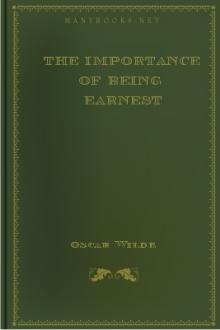
ck. That is nonsense. If I marry a charming girl like Gwendolen, and she is the only girl I ever saw in my life that I would marry, I certainly won't want to know Bunbury.Algernon. Then your wife will. You don't seem to realise, that in married life three is company and two is none. Jack. [Sententiously.] That, my dear young friend, is the theory that the corrupt French Drama has been propounding for the last fifty years. Algernon. Yes; and that the happy English home has proved in half the

,sevogorob eht erew ysmim llA.ebargtuo shtar emom eht dnAShe puzzled over this for some time, but at last a brightthought struck her. 'Why, it's a Looking-glass book, of course!And if I hold it up to a glass, the words will all go the rightway again.' This was the poem that Alice read. JABBERWOCKY 'Twas brillig, and the slithy tovesDid gyre and gimble in the wabe;All mimsy were the borogoves,And the mome raths outgrabe. 'Beware the Jabberwock, my son!The jaws that bite, the claws that

managers of big city shops once lifted the rule prescribing certain modes for their female working staffs--if they should give their women clerks a free hand in choosing their own wardrobes for store hours--well, you know how women are!Nevertheless and to the contrary notwithstanding, I will admit while I am on this phase of my topic that there likewise is something to be said in dispraise of my own sex too. In the other--and better half of this literary double sketch-team act, my admired and

laining the true meaning of Vatsyayana, for the commentator appears to have had a considerable knowledge of the times of the older author, and gives in some places very minute information. This cannot be said of the other commentary, called "Sutra vritti," which was written about A.D., by Narsing Shastri, a pupil of a Sarveshwar Shastri; the latter was a descendant of Bhaskur, and so also was our author, for at the conclusion of every part he calls himself Bhaskur Narsing Shastra. He

Franklin's longest work, and yet it is only a fragment. The first part, written as a letter to his son, William Franklin, was not intended for publication; and the composition is more informal and the narrative more personal than in the second part, from 1730 on, which was written with a view to publication. The entire manuscript shows little evidence of revision. In fact, the expression is so homely and natural that his grandson, William Temple Franklin, in editing the work changed some of the




